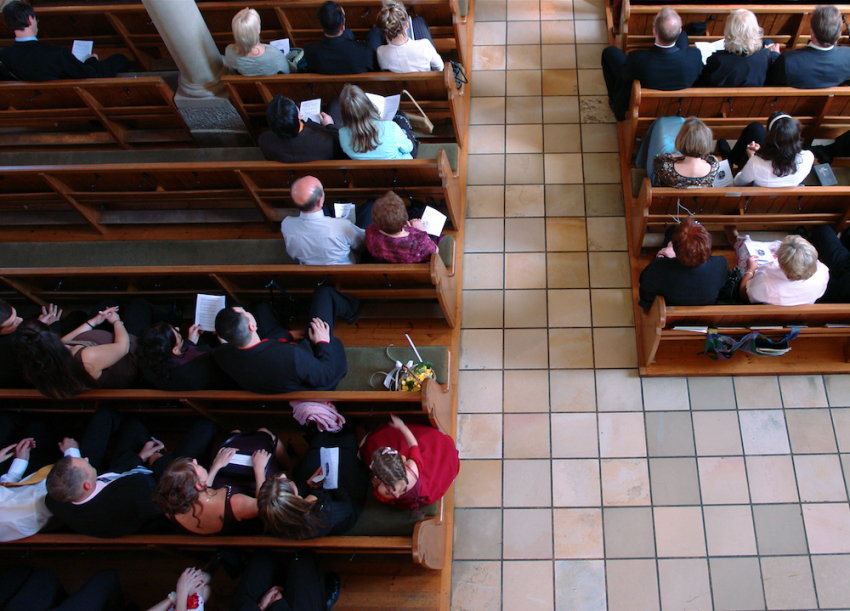New Jersey churches excluded from historic preservation grant sue county for discrimination

New Jersey-based Mendham Methodist Church and Zion Lutheran Church Long Valley have filed a federal lawsuit against Morris County, alleging religious discrimination after the county excluded them from the Morris County Historic Preservation Trust Fund.
The legal action, undertaken by First Liberty Institute, Jones Day, and the Pepperdine Religious Liberty Clinic, contests the county’s policy change that now prevents churches from accessing the grant.
Grant recipients have included a variety of establishments such as a theater, a Masonic lodge, and a restaurant, but centuries-old churches are no longer eligible for the historic preservation program, First Liberty said in a statement shared with The Christian Post.
First Liberty’s Senior Counsel Jeremy Dys called it a form of religious discrimination and unconstitutional.
In 2018, the New Jersey Supreme Court ruled that Morris County’s practice of providing historic preservation grants to churches was in violation of the New Jersey Constitution, overturning a lower court ruling. That’s when Morris County implemented a policy change that excluded churches from participating in the program.
However, since the 2018 ruling, the U.S. Supreme Court has clarified that the federal Constitution forbids excluding religious institutions from public funding programs solely due to their religious nature or activities, First Liberty said.
State and local governments offering public benefits, such as historic preservation grants, cannot discriminate against an applicant solely because they operate as a house of worship, the group said, explaining that the grants’ primary purpose is to promote and support historic preservation, which ultimately benefits the entire community.
Although the U.S. Supreme Court declined to hear the case in 2019, Justice Brett Kavanaugh, supported by Justices Samuel Alito and Neil Gorsuch, dissented from the denial of certiorari, stating that New Jersey’s law appeared to violate the U.S. Constitution. They argued that excluding religious organizations from a general historic preservation grants program is “pure discrimination against religion.”
In 2017, the U.S. Supreme Court ruled in Trinity Lutheran Church v. Comer that a Missouri church should not be prohibited from benefiting from a secular aid program solely because it is a church.
The highest court in the nation concluded that Trinity Lutheran Church of Columbia should not be banned from a state program meant to help repair their daycare playground, reversing a lower court decision.
"... The exclusion of Trinity Lutheran from a public benefit for which it is otherwise qualified, solely because it is a church, is odious to our Constitution all the same, and cannot stand,” wrote Chief Justice Roberts.
Last month, a group of Jewish parents sued California over a state law that prohibits religious schools from being eligible to receive special education funds meant to help children with disabilities.
The legal filing alleged that the defendants violated the First Amendment’s Free Exercise Clause and the 14th Amendment’s Equal Protection Clause by refusing to provide funds for parents to send their children with special needs to Orthodox Jewish schools.
The California Education Code requires that schools that receive federal Individuals with Disabilities Education Act funding be “nonsectarian.”
“Defendants have not waived and will not waive the ‘nonsectarian’ requirement necessary for private religious schools to access otherwise generally available public funding,” read the complaint.



























